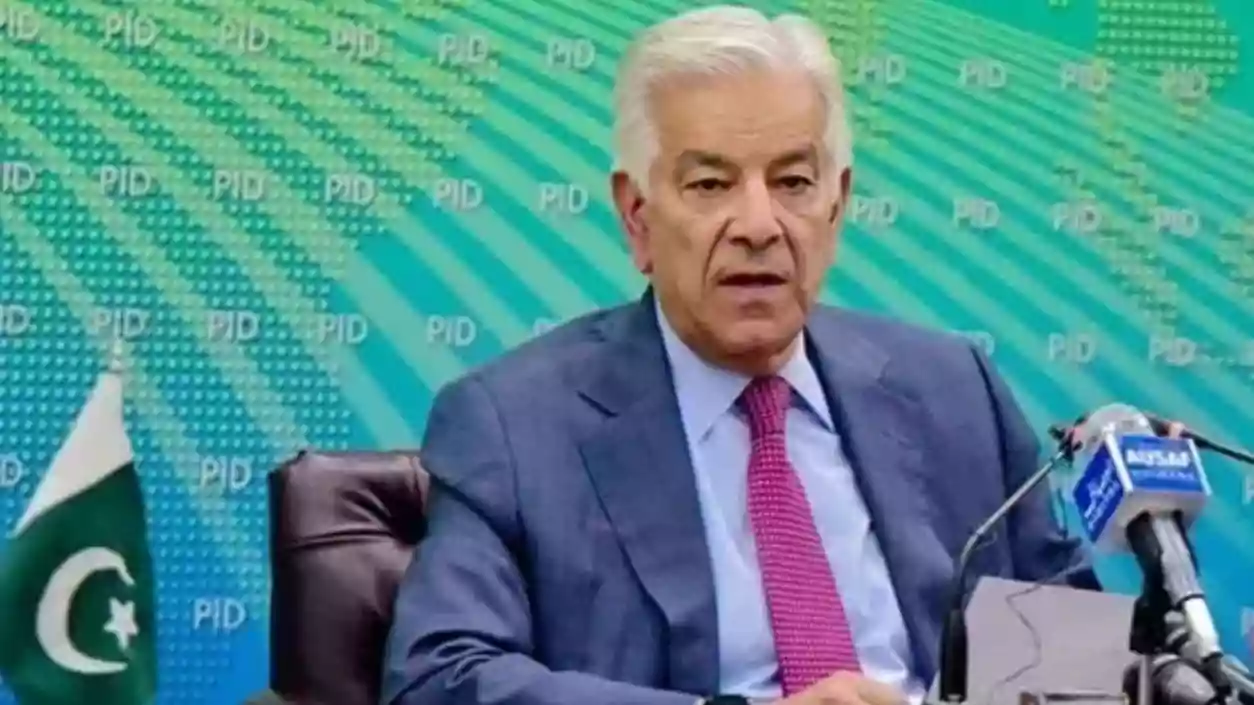.gif)
.gif)

Pakistan's Defence Minister Khawaja Asif has stirred controversy with a candid admission regarding his country's historical involvement in supporting terrorist organizations. In a recent interview, Asif stated that Pakistan had been doing the "dirty work" for Western powers, including the United States and the United Kingdom, for over three decades. He clarified that this included Pakistan's role in the Soviet-Afghan war and subsequent involvement in the US-led efforts following the 9/11 attacks.
Asif later acknowledged that this decision was a mistake, contributing to Pakistan's internal security issues over time. Asif's statement came amid heightened tensions between Pakistan and India following a deadly terrorist attack in Pahalgam, Jammu and Kashmir, on April 22. The attack resulted in the deaths of 26 tourists, raising concerns over cross-border terrorism. In the aftermath of the attack, Indian officials pointed to possible links to terrorist groups operating from Pakistani soil, with particular focus on Lashkar-e-Taiba.
Asif, however, denied any current operational presence of Lashkar in Pakistan, claiming that the group "does not exist" anymore, and he also dismissed The Resistance Front, an offshoot of Lashkar, which claimed responsibility for the attack. The Pakistani Defence Minister further argued that the Pahalgam incident was a staged event, suggesting it was designed to create a crisis between India and Pakistan.
He stated that Pakistan had condemned terrorism unequivocally but questioned the motives behind India's response to the attack. The Indian government had responded with a series of measures, including the suspension of the Indus Water Treaty and the closure of the Integrated Check Post (ICP) at Attari, among other security actions. India also reduced staff at diplomatic missions and suspended the SAARC Visa Exemption Scheme for Pakistani nationals.
In retaliation, Pakistan suspended all bilateral agreements with India, including the 1972 Simla Agreement. Asif expressed concern over the escalating tensions, warning that a direct military confrontation between two nuclear-armed nations would be disastrous. He emphasized that any such conflict would be worrisome for regional and global stability. While India’s government has repeatedly stated its commitment to fighting cross-border terrorism, Pakistan’s leadership has continued to deny official links to terrorist groups.